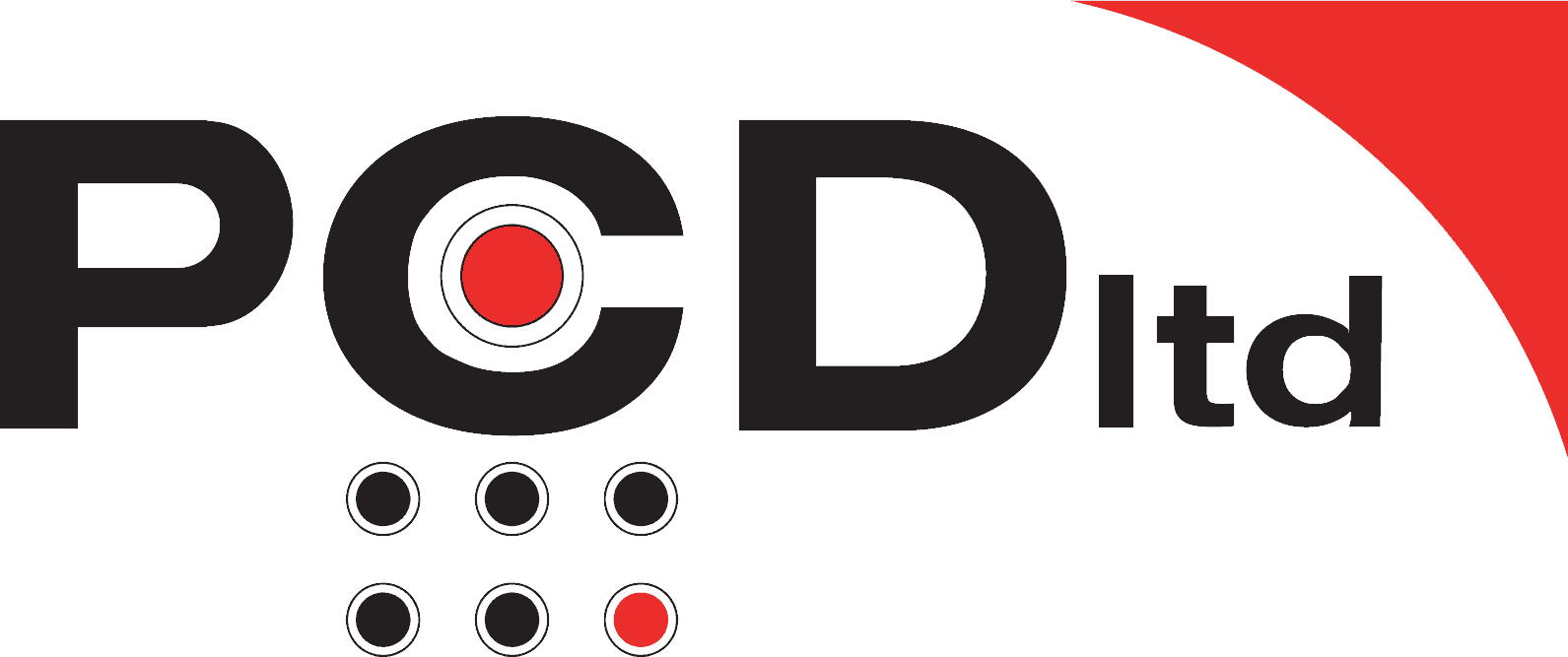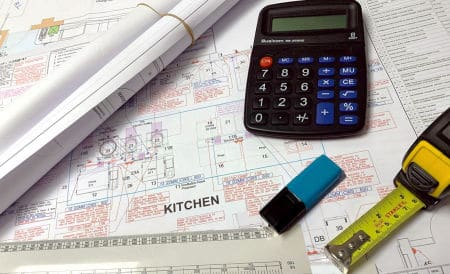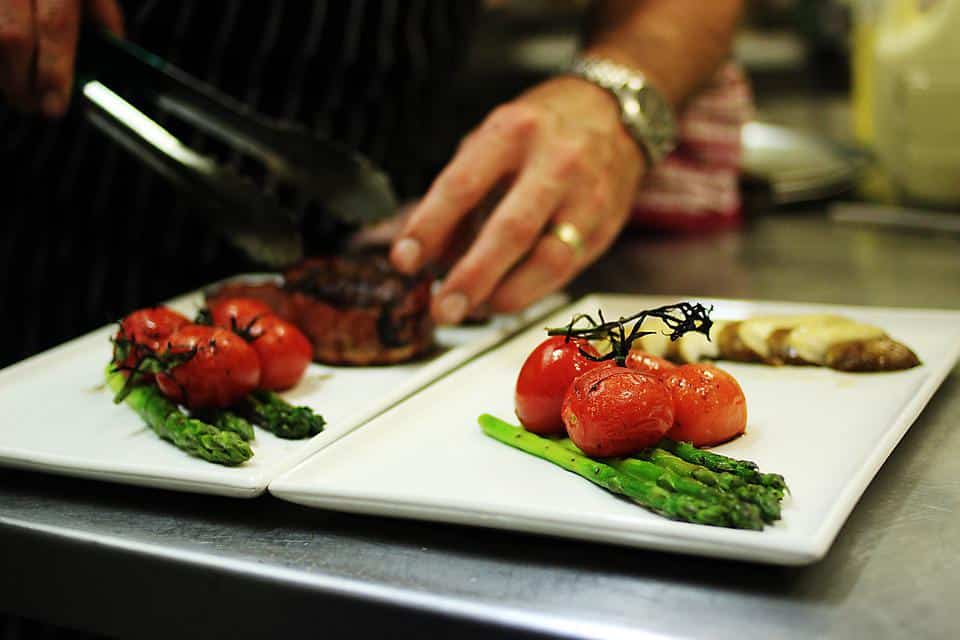The Cotswolds region, renowned for its rolling hills, beautiful stone cottages, artisanal cheese producers, and some of the country’s finest pubs and restaurants, represents a thriving hub of culinary excellence. While this Area of Outstanding Natural Beauty maintains its quintessentially English charm, it sits at the heart of a substantial commercial opportunity that extends far beyond its picturesque villages.
A Thriving Regional Market
The broader Cotswolds region encompasses parts of six counties: Gloucestershire, Oxfordshire, Somerset, Wiltshire, Warwickshire, and Worcestershire. This extensive area is home to approximately 3 million residents, creating substantial demand for high-quality, sustainable commercial kitchen solutions across multiple sectors.
This significant population supports thousands of schools, businesses, restaurants, hotels, and catering establishments, each requiring expertly designed commercial kitchens that can deliver exceptional performance whilst meeting increasingly stringent environmental and efficiency standards.
Understanding Regional Catering Needs
Educational Sector Demands
The educational sector across the Cotswolds region presents unique challenges and opportunities. Schools, colleges, and universities require commercial kitchens capable of preparing thousands of meals daily whilst maintaining nutritional standards and managing tight budgets. Modern educational catering demands equipment that can handle high volumes efficiently, reduce waste, and support healthy eating initiatives.
Hospitality Excellence
The region’s reputation for outstanding hospitality means restaurants, pubs, and hotels require commercial kitchen designs that can support everything from traditional pub fare to fine dining experiences. Each establishment needs bespoke solutions that reflect their unique service style, menu requirements, and customer expectations.
Corporate Catering Growth
With numerous businesses and corporate facilities throughout the region, there’s growing demand for workplace catering solutions that support employee wellbeing and productivity. Modern office kitchens need to accommodate diverse dietary requirements whilst maintaining operational efficiency.
Comprehensive Commercial Kitchen Design Services
Expert Design Solutions
Creating the perfect commercial kitchen requires more than just placing equipment in a room. Every successful kitchen begins with detailed design work that considers workflow efficiency, safety requirements, and operational effectiveness. Professional kitchen designers understand how to optimise space utilisation whilst ensuring compliance with health and safety regulations.
The design process involves comprehensive consultation to understand your specific operational requirements, service volume expectations, and budget parameters. This detailed approach ensures every element of your kitchen design serves a purpose in creating an efficient, profitable operation.
2D Technical Drawings Precise technical drawings form the foundation of any successful commercial kitchen project. These detailed plans show exact equipment positioning, utility connections, and workflow patterns, ensuring every aspect of your kitchen is carefully planned before installation begins.
3D Visualisation Technology Advanced 3D rendering technology allows you to experience your kitchen design before construction begins. These detailed visualisations help identify potential issues, optimise layouts, and ensure your finished kitchen meets your exact requirements. This technology proves invaluable for making informed decisions about equipment placement, workflow patterns, and space utilisation.
Professional Installation Services
Commercial kitchen installation requires specialist expertise to ensure equipment operates safely and efficiently. Professional installation teams bring years of experience working with complex catering equipment, understanding the intricate requirements of different appliances and systems.
Qualified Engineering Expertise Fully qualified engineers ensure every piece of equipment is installed correctly, connected safely, and commissioned to manufacturer specifications. This expertise extends beyond basic installation to include comprehensive training on equipment operation and maintenance requirements.
Regulatory Compliance Commercial kitchen installation must comply with numerous regulations covering electrical safety, gas connections, ventilation requirements, and health and safety standards. Professional installers maintain current knowledge of all relevant regulations, ensuring your kitchen meets or exceeds required standards.
Flexible Scheduling Understanding that kitchen installation often occurs within operational businesses, professional teams work to minimise disruption through flexible scheduling and efficient project management. This approach ensures your business can continue operating whilst your new kitchen takes shape.
Ongoing Maintenance and Servicing
Your commercial kitchen represents a significant investment that requires proper maintenance to deliver long-term value. Regular servicing ensures equipment operates at peak efficiency, reduces energy consumption, and prevents costly breakdowns during service periods.
Annual Service Programmes Comprehensive annual servicing programmes cover all major equipment, identifying potential issues before they become serious problems. These programmes typically include deep cleaning, component replacement, calibration checks, and performance optimisation.
Preventive Maintenance Regular preventive maintenance extends equipment life, maintains efficiency levels, and ensures consistent performance. This proactive approach proves more cost-effective than reactive repairs, reducing both downtime and total maintenance costs.
Emergency Support Professional maintenance providers offer emergency support services to minimise disruption when equipment failures occur. Quick response times and comprehensive spare parts availability ensure your kitchen returns to operation as quickly as possible.
Equipment Selection and Sourcing
Choosing appropriate catering equipment involves balancing numerous factors including performance requirements, energy efficiency, durability expectations, and budget considerations. Professional equipment specialists bring extensive knowledge of different manufacturers, understanding which products deliver the best value for specific applications.
Energy Efficiency Focus Modern catering equipment prioritises energy efficiency, reducing operational costs whilst supporting environmental sustainability goals. Energy-efficient equipment often qualifies for government incentives and demonstrates corporate responsibility commitments.
Durability and Reliability Commercial kitchens demand equipment that withstands intensive daily use whilst maintaining consistent performance. Professional equipment selection considers build quality, manufacturer reputation, and long-term reliability records.
Environmental Considerations Increasing environmental awareness drives demand for eco-friendly catering equipment that reduces water consumption, minimises waste generation, and operates with lower environmental impact. Sustainable equipment choices support corporate sustainability goals whilst often delivering operational cost savings.
Regional Expertise and Local Understanding
Understanding local market conditions, regulatory requirements, and operational challenges enables more effective commercial kitchen solutions. Regional expertise encompasses knowledge of local suppliers, understanding of planning requirements, and familiarity with sector-specific needs across different industries.
Sector Specialisation
Different industries have unique catering requirements that demand specialised knowledge and experience. Educational catering differs significantly from restaurant operations, whilst corporate catering presents its own distinct challenges and opportunities.
Educational Sector Expertise School and university catering requires understanding of nutritional guidelines, budget constraints, and service volume management. Equipment selection must support healthy eating initiatives whilst maintaining operational efficiency.
Restaurant and Hospitality Focus Restaurant kitchens need equipment that supports menu creativity, maintains food quality under pressure, and enables efficient service delivery. Understanding different service styles and menu requirements enables more effective kitchen design.
Corporate Catering Solutions Workplace catering increasingly focuses on supporting employee wellbeing through healthy food options, flexible service arrangements, and sustainable practices. Modern office kitchens must accommodate diverse dietary requirements whilst maintaining cost-effectiveness.
Investment Considerations and Return on Investment
Commercial kitchen projects represent significant investments that should deliver measurable returns through improved efficiency, reduced operating costs, and enhanced service capability. Understanding the financial implications of different design choices enables more informed decision-making.
Operational Efficiency Benefits
Well-designed commercial kitchens improve operational efficiency through optimised workflow patterns, reduced labour requirements, and faster service delivery. These efficiency gains translate directly into improved profitability and competitive advantage.
Energy Cost Management
Energy-efficient equipment and optimised kitchen design reduce ongoing operational costs whilst supporting environmental sustainability goals. These savings compound over time, improving the overall return on kitchen investment.
Quality and Consistency Improvements
Professional kitchen design and high-quality equipment enable more consistent food preparation and service delivery. This consistency supports customer satisfaction, repeat business, and positive reputation development.
Future-Proofing Your Kitchen Investment
Commercial kitchens must adapt to changing market conditions, evolving customer expectations, and advancing technology. Future-proofing strategies ensure your kitchen investment continues delivering value over its operational lifetime.
Technology Integration
Modern commercial kitchens increasingly incorporate technology solutions that improve efficiency, enhance food safety, and provide operational insights. Planning for technology integration ensures your kitchen can adapt to future innovations.
Flexibility and Adaptability
Kitchen designs that accommodate future menu changes, service style evolution, and capacity adjustments provide better long-term value. Flexible designs enable businesses to adapt without requiring complete kitchen replacement.
Sustainability Planning
Environmental considerations become increasingly important for commercial operations. Sustainable kitchen design supports corporate responsibility goals whilst often delivering operational cost benefits through reduced resource consumption.
Getting Started with Your Commercial Kitchen Project
Beginning a commercial kitchen project requires careful planning, clear objectives, and professional expertise. Understanding the process helps ensure successful project delivery that meets your operational requirements and business goals.
Initial Consultation Process
Comprehensive consultation forms the foundation of successful commercial kitchen projects. This process involves understanding your operational requirements, budget parameters, timeline expectations, and specific sector needs.
Design Development
Following initial consultation, detailed design development creates comprehensive plans that address all aspects of your kitchen requirements. This iterative process ensures the final design meets your exact needs whilst optimising operational efficiency.
Project Management Excellence
Professional project management ensures smooth delivery from design through to final commissioning. Experienced project managers coordinate all aspects of the installation process, maintaining clear communication and delivering projects on time and within budget.
The Cotswolds region offers tremendous opportunities for businesses requiring expert commercial kitchen design and installation services. With substantial population centres across six counties and diverse sector requirements, the market demands high-quality, sustainable kitchen solutions that deliver exceptional operational performance.
Professional commercial kitchen specialists bring the expertise, experience, and local knowledge necessary to create kitchen solutions that drive business success whilst meeting the unique requirements of this distinctive region.



